Shares of young adults in the United States, commonly referred to as Gen Z, have been a subject of debate regarding their economic prospects. According to a recent article by Eric Levitz, a senior correspondent at Vox, Gen Z is doing better economically than previous generations at the same age by many metrics. However, the article also highlights the vulnerability of Gen Z to displacement from artificial intelligence (AI) and the challenges they face in the job market.
Levitz notes that Gen Z's economic pessimism may partly reflect their high rates of social media use and loneliness. A study by the Pew Research Center found that 54% of Gen Z adults reported feeling lonely, which is higher than any other age group. This sense of isolation may contribute to their economic anxieties.
In a statement, Levitz said, "By the 2020s, the boomers had already bought up all the houses, while the millennials had commandeered the good careers. Zoomers have, therefore, been condemned to hovels in irradiated outlying districts and dead-end internships where they train the AI that will replace them."
This sentiment is echoed by some experts, who argue that Gen Z is facing a unique set of challenges. "The economy has changed dramatically since the 1990s, and Gen Z is facing a different reality," said Dr. Heather Boushey, an economist at the Washington Center for Equitable Growth. "They are entering a job market where automation and AI are increasingly prevalent, and they are struggling to make ends meet."
However, not all experts agree that Gen Z is "utterly screwed." Some argue that the economic prospects for young adults are improving, and that they are better equipped to navigate the changing job market. "Gen Z is more educated and more skilled than any previous generation," said Dr. Robert Lerman, an economist at the Urban Institute. "They are also more adaptable and more willing to take risks, which will serve them well in the long run."
The current status of Gen Z's economic prospects is complex and multifaceted. While some metrics suggest that they are doing better than previous generations, others indicate that they are facing significant challenges. As the job market continues to evolve and AI becomes increasingly prevalent, it remains to be seen how Gen Z will navigate these changes.
In terms of policy, some experts are calling for increased investment in education and job training programs to help Gen Z develop the skills they need to succeed in the modern economy. Others are advocating for policies that address income inequality and provide greater support for low-income families.
As the debate continues, one thing is clear: Gen Z's economic prospects are a pressing concern that requires attention and action from policymakers, educators, and employers.




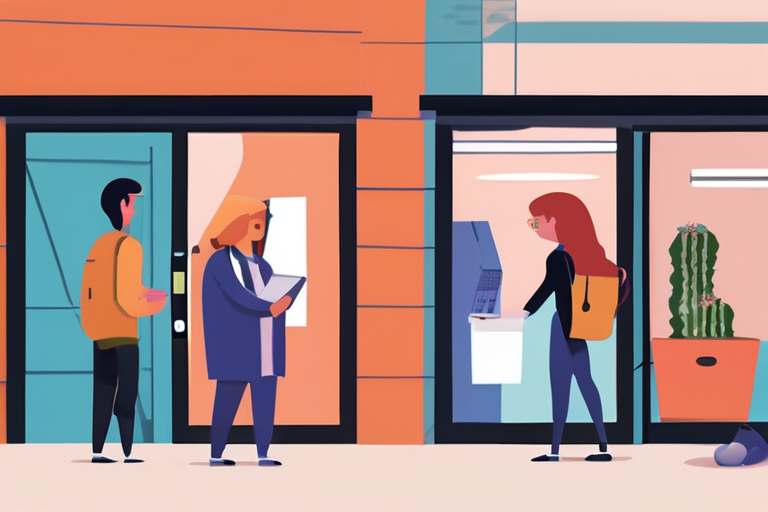
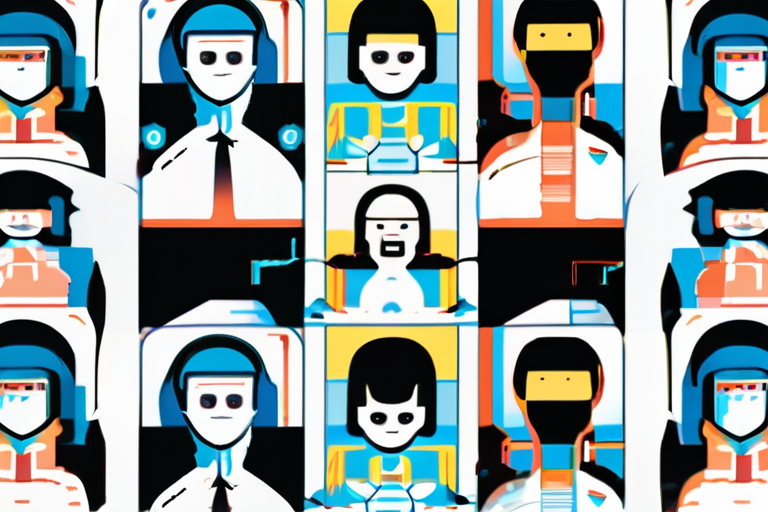
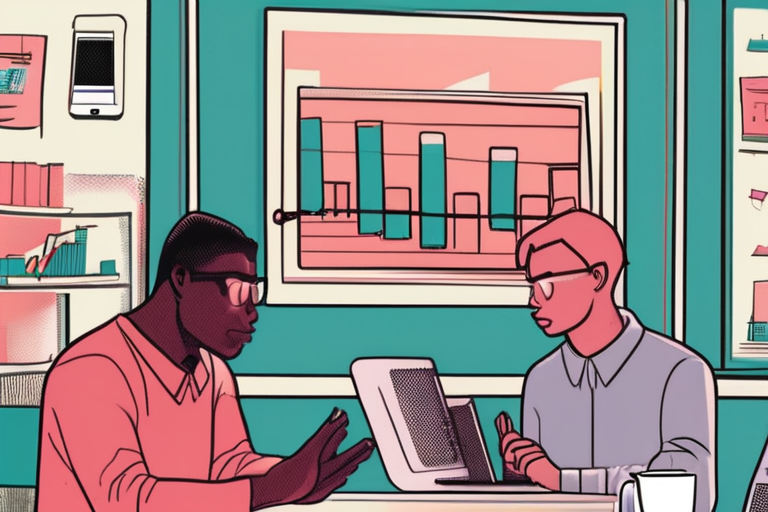
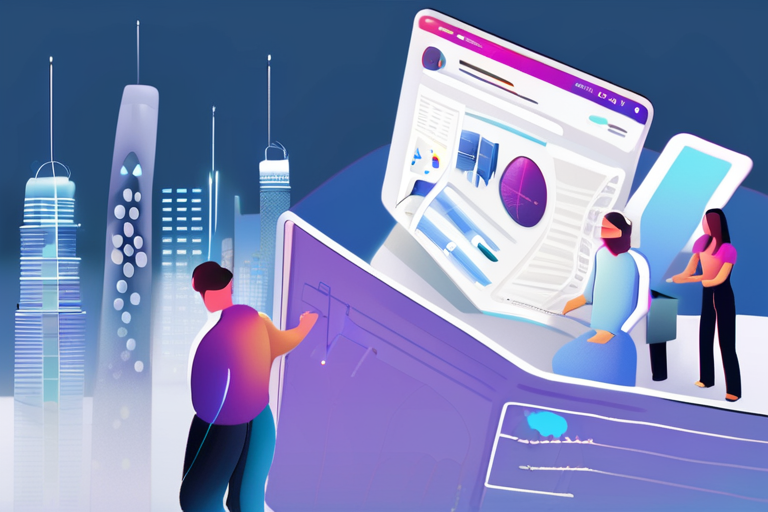
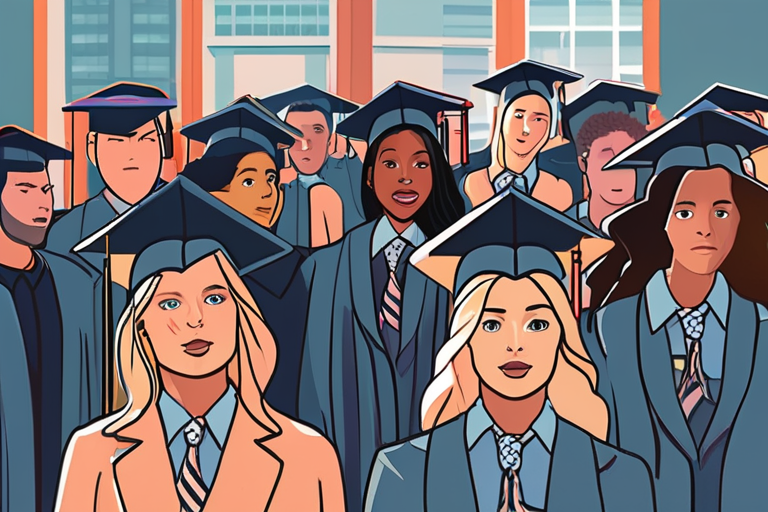



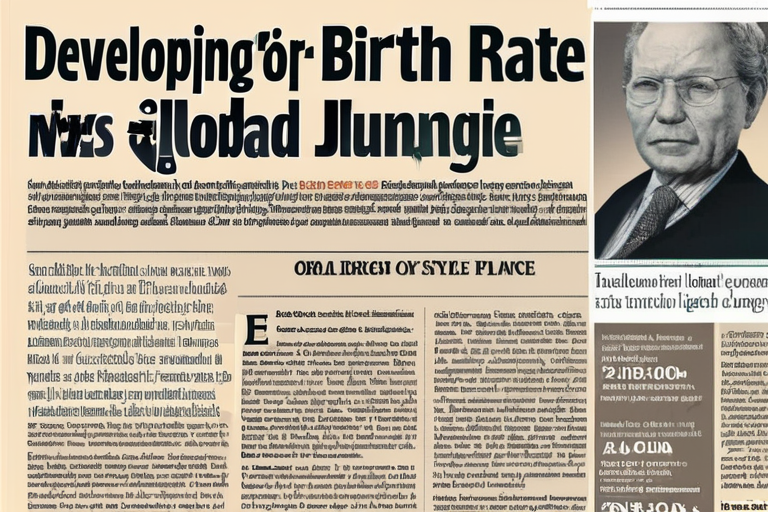
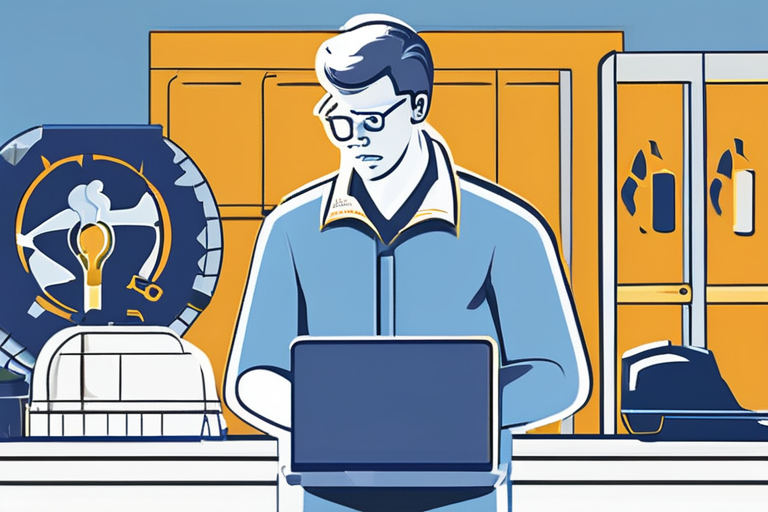
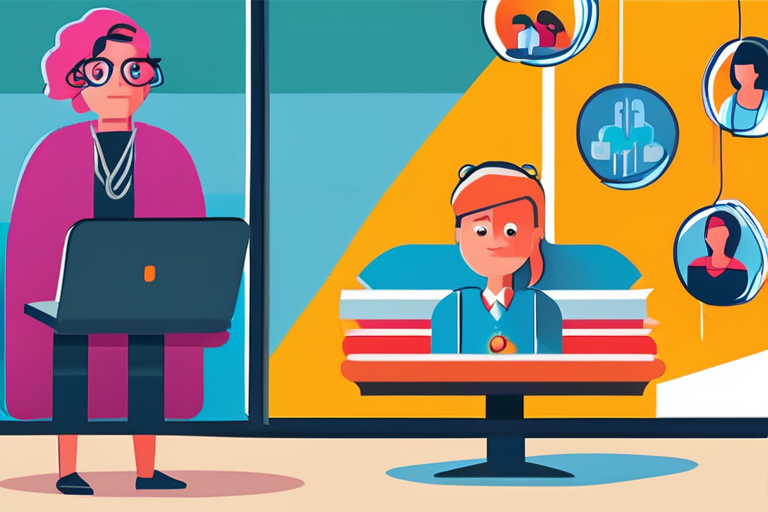
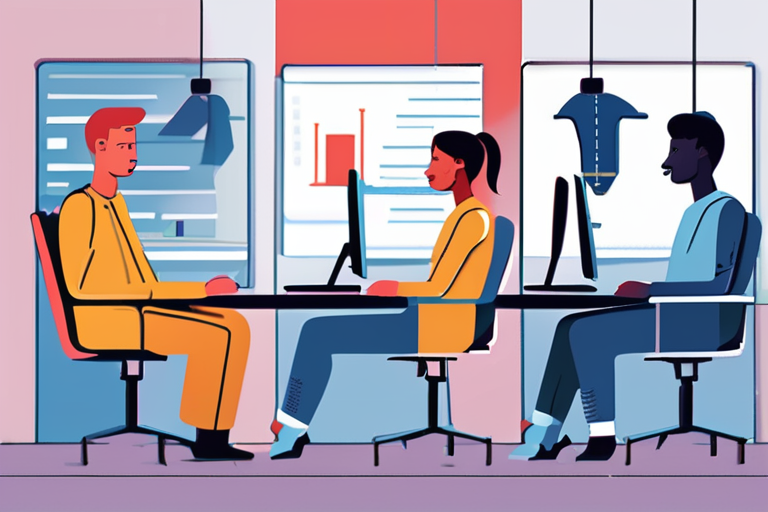





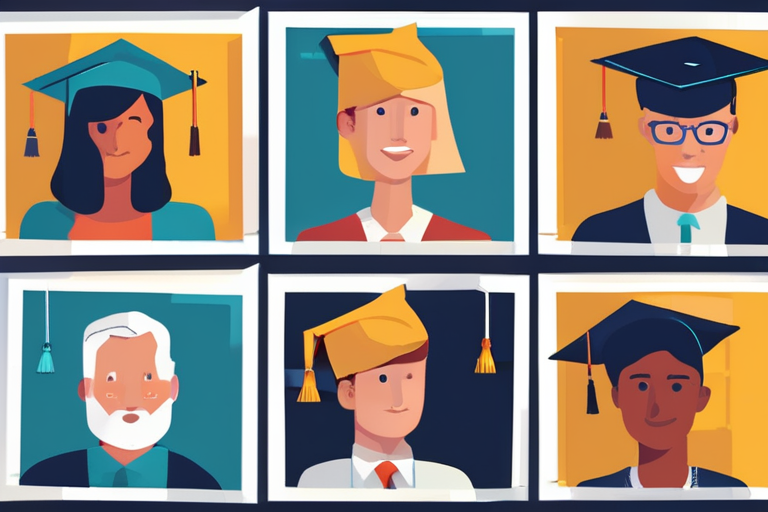

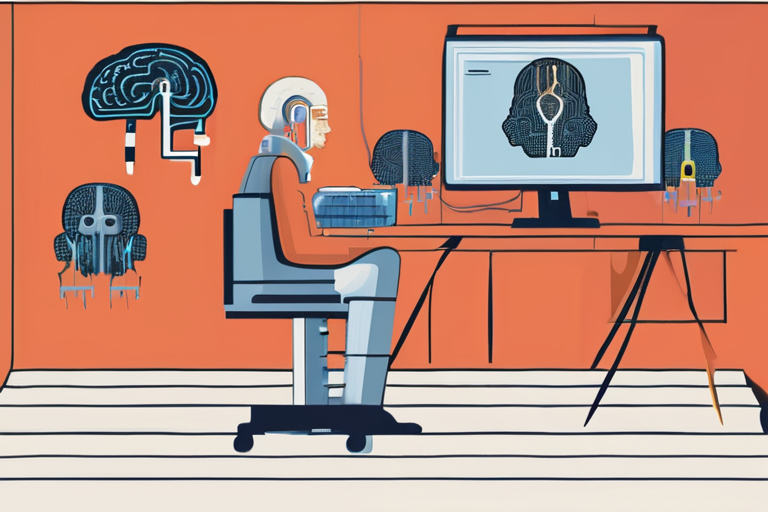

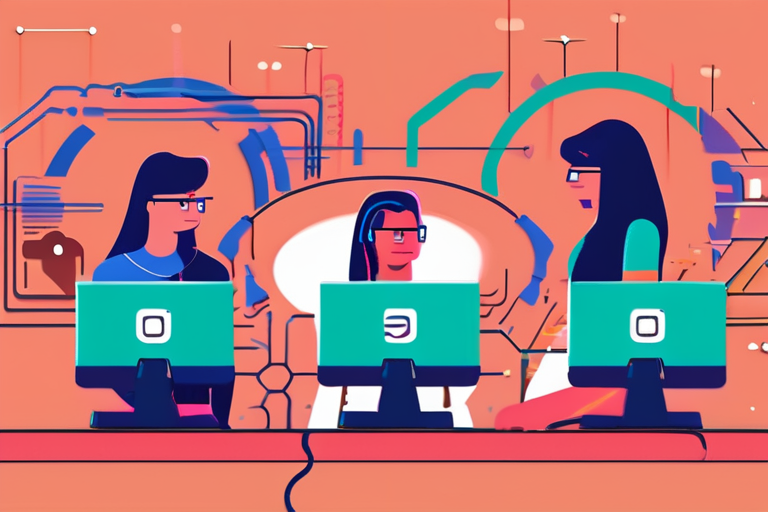

Share & Engage Share
Share this article